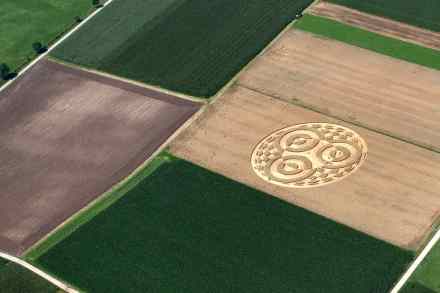What happens to rockers who don’t die young?
What do the following individuals have in common: a political activist from Suffolk; a chartered psychologist from Oxfordshire, who enjoys playing golf at weekends; a funeral celebrant from Liverpool; the Birmingham-based chairperson of the Ladder Association Training Committee (‘When it’s right to use a ladder, use the ladder, and get trained to use it safely’);




















